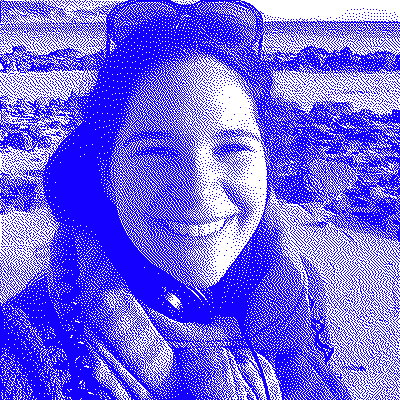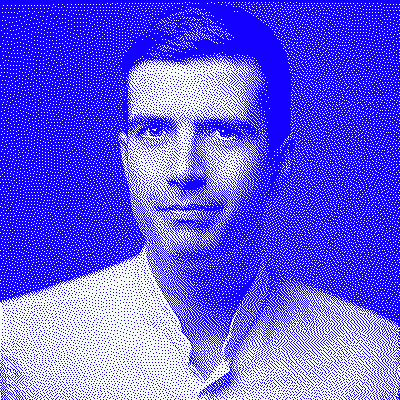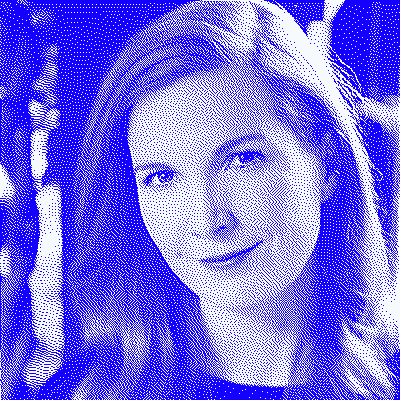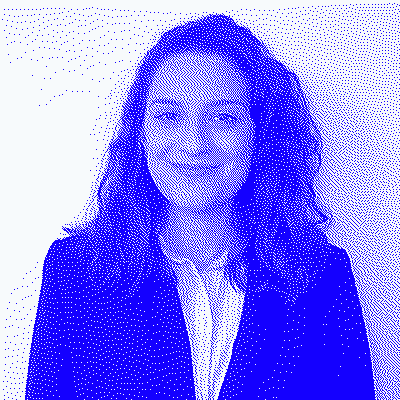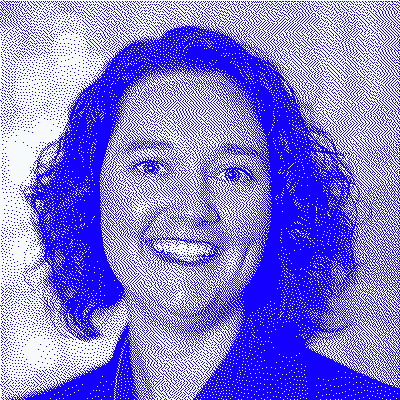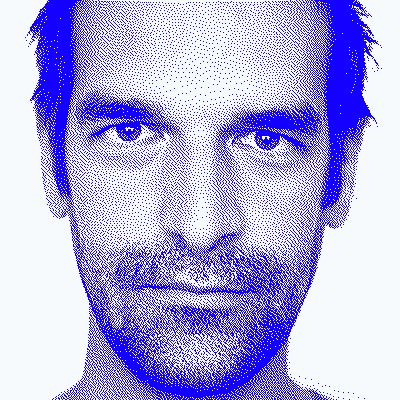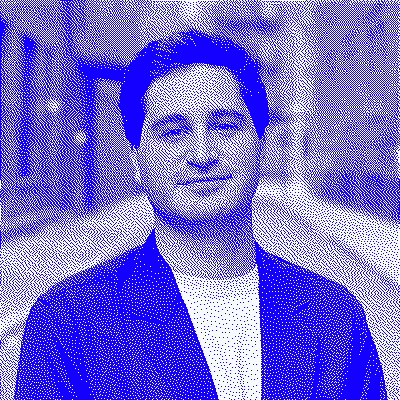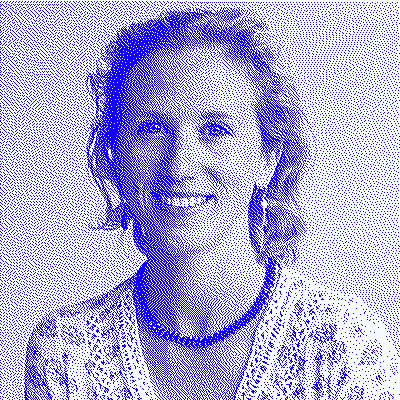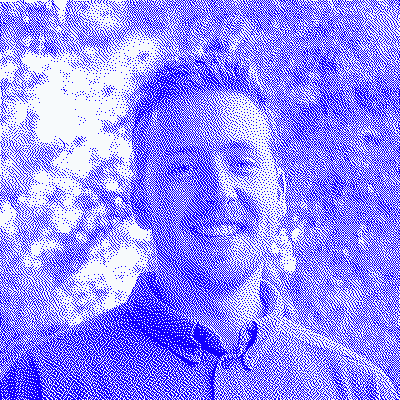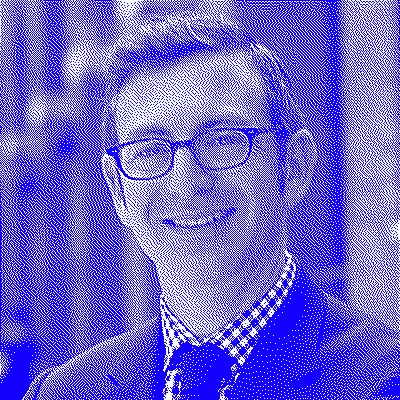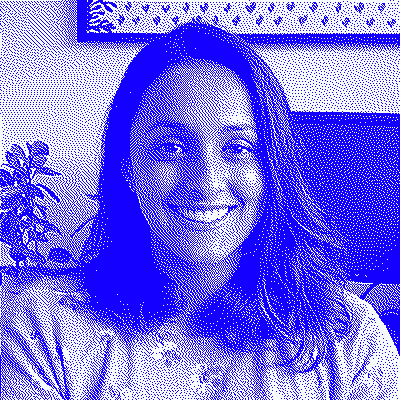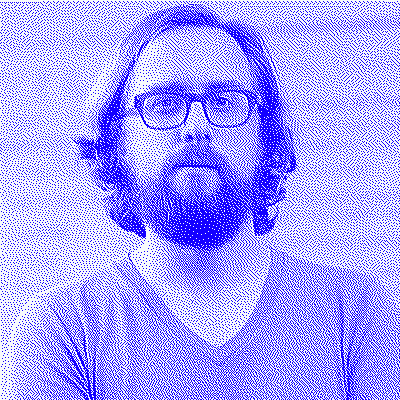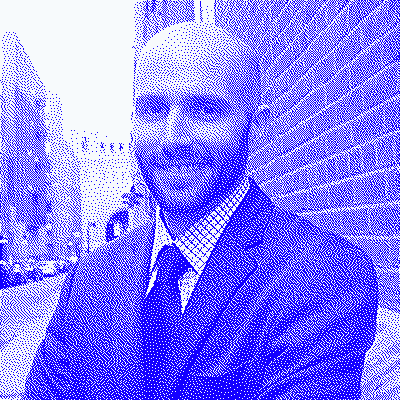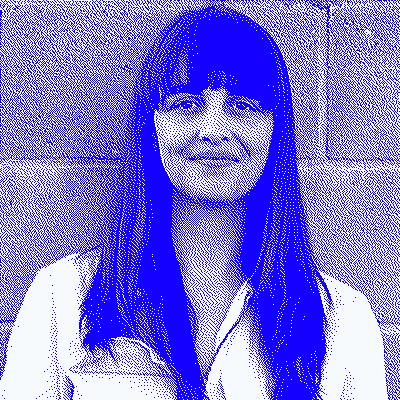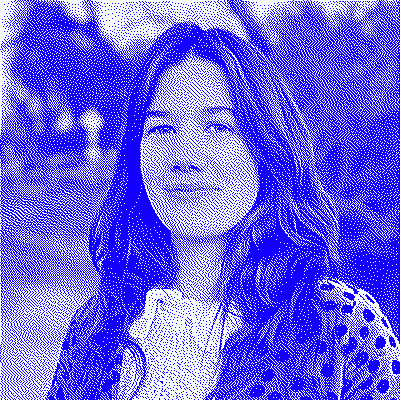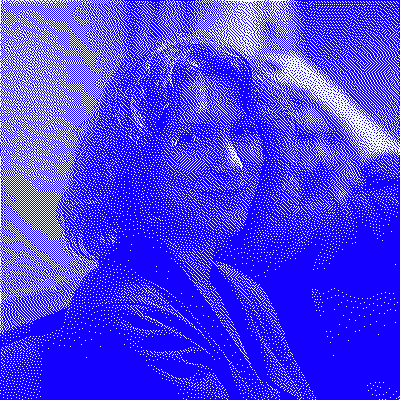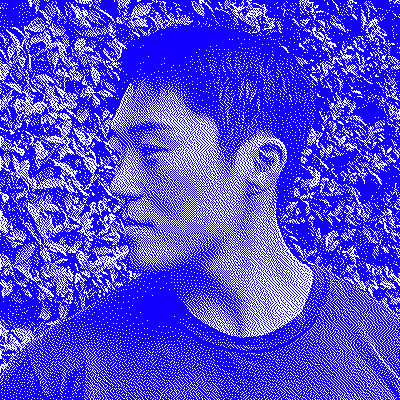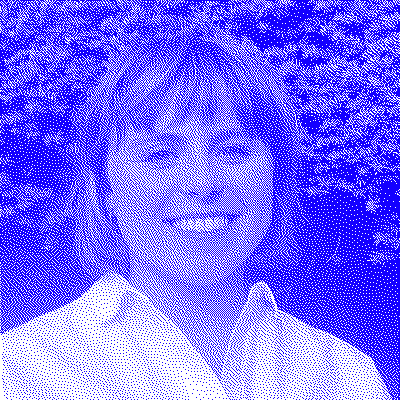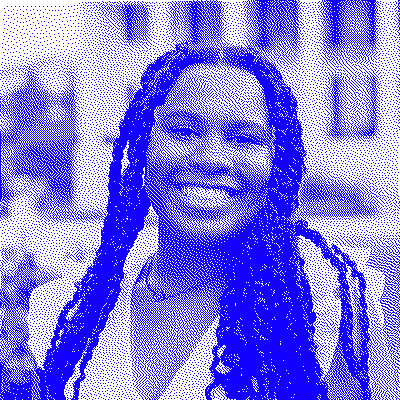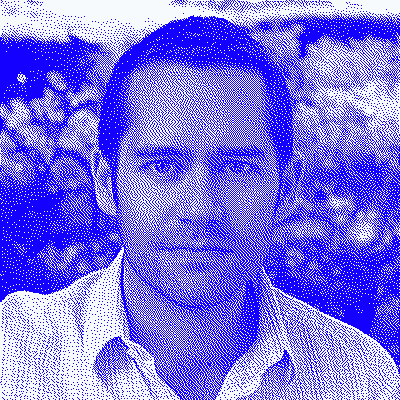 Mike Ananny (Co-PI)
Mike Ananny (Co-PI)Mike Ananny (Co-PI) is an Associate Professor of Communication and Journalism and Affiliated Faculty of Science, Technology, and Society at the University of Southern California’s Annenberg School for Communication and Journalism. He studies the public significance of digital news infrastructures and the politics of algorithmic systems, and co-directs the interdisciplinary USC collective MASTS (Media As SocioTechnical Systems). He is the author of Networked Press Freedom (MIT Press, 2018) and co-editor (with Laura Forlano and Molly Wright Steenson) of Bauhaus Futures (MIT Press, 2019). He holds a PhD from Stanford University, a Masters from the MIT Media Laboratory, and has written for popular press publications including The Atlantic, Wired Magazine, Harvard's Nieman Lab, and the Columbia Journalism Review.
